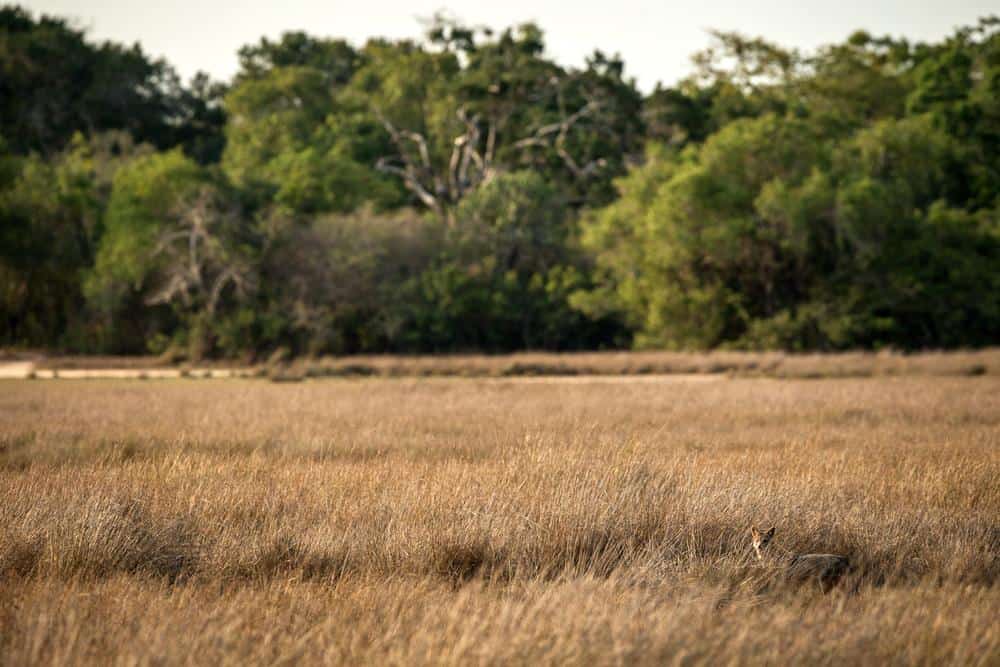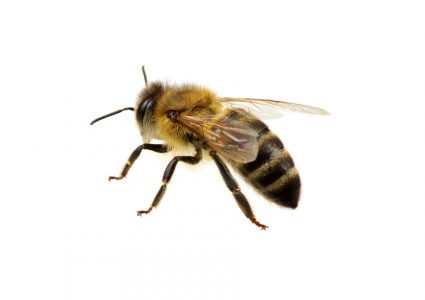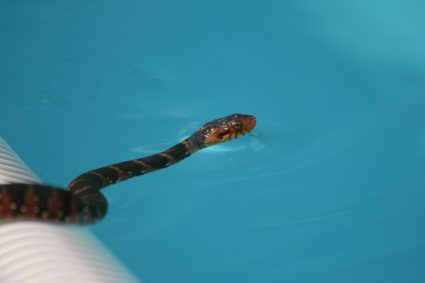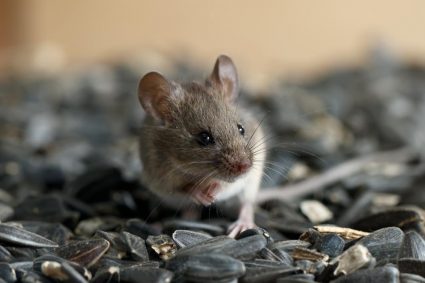
Skunks, those black and white creatures known for their distinctive odor, are often seen as pests. However, these nocturnal critters play an essential role in our ecosystem, especially in controlling insect populations. They are gifted hunters of insects, including those that reside underground. But what senses do skunks use to find these subterranean insects? Let’s delve into the world of skunks to understand their remarkable ability to detect and locate underground insects.
Skunks use their keen sense of smell, hearing, and touch to find underground insects. Their strong sense of smell allows them to detect the scent of their prey even when it’s buried deep in the soil. Their sensitive hearing aids them in detecting subterranean prey, and their sense of touch and vibrational sensitivity help them feel vibrations on the ground when searching for insects or worms. Their physical adaptations, like long front claws and strong legs, also aid in digging and unearthing their prey.
Skunks’ Unique Sensory Abilities
Skunks are equipped with a finely tuned sense of smell and good hearing. Their vision isn’t as strong, but they compensate for it with their other senses. Skunks use their keen sense of smell to locate prey, such as grubs, insects, and small rodents. Their long front claws help them capture and hold food as they eat. Skunks’ unique sensory abilities, combined with their physical adaptations, make them effective hunters of underground insects and other prey.
Skunks’ Sense of Smell
When it comes to hunting for underground insects, skunks rely heavily on their sense of smell. They can detect the scent of their prey even when it’s buried deep in the soil. Their olfactory abilities, along with their excellent digging skills, allow them to locate and consume insects that are out of reach for many other animals.
Skunks’ Sense of Hearing
While there’s no specific data on skunks’ ability to hear insects beneath the surface, their sensitive hearing aids them in detecting subterranean prey. Their strong front legs and long claws make them excellent diggers, enabling them to unearth and consume their prey efficiently.
Skunks’ Sense of Touch
Skunks use their sense of touch and vibrational sensitivity to find insects. Their five-fingered paws are equipped with sensitive pads that allow them to feel vibrations on the ground when searching for insects or worms in their environment.
Skunks’ Hunting Strategies
Skunks employ unique hunting strategies when searching for underground insects. They dig small pits in lawns, golf courses, and gardens to find grubs or larvae. They also tear apart logs and dig up nests of wasps and other insects in search of a meal. Their large, strong claws are ideal for digging and rooting around in search of invertebrates.
Skunks’ Diet and Feeding Habits
Skunks are omnivores and opportunistic feeders, which means they eat both plant and animal materials depending on availability. Their diet changes with the seasons. In spring and summer, they mostly consume insects, while in fall and winter, they scavenge for fruit, nuts, birdseed, and pet food. Besides insects, skunks also eat small mammals, fish, small birds, eggs, small amphibians, reptiles, garbage, honey, nuts, seeds, vegetables, fruit, worms, and carrion.
Environmental Influence on Skunks’ Hunting
The environment or terrain plays a significant role in a skunk’s ability to find underground insects. Skunks prefer open fields, pastures, and croplands near brushy fencerows, rock outcroppings, and brushy draws. In such environments, they use their keen sense of smell to locate insects and grubs hidden in the soil or under logs and rocks.
Conclusion
Skunks, despite their not-so-pleasant reputation, are fascinating creatures with unique adaptations that make them efficient hunters of underground insects. Their keen senses of smell, hearing, and touch, combined with their physical adaptations and hunting strategies, enable them to locate and consume a variety of insects, helping to control insect populations in the process. So next time you encounter a skunk, remember, they are doing their part in maintaining the balance of our ecosystem.
Frequently Asked Questions
What kind of insects do skunks eat?
Skunks eat a variety of insects, including grubs, larvae, beetles, crickets, and other small invertebrates. They are also known to dig up nests of wasps and other insects.
How do skunks catch their prey?
Skunks use their powerful front legs and long claws to dig into the ground and unearth their prey. They are also known to tear apart logs and dig up insect nests in search of a meal.
What time of day are skunks most active?
Skunks are primarily nocturnal creatures, meaning they are most active during the night. However, they can also be active at dawn and dusk.
How do skunks protect themselves from predators?
Skunks are well-known for their ability to spray a foul-smelling liquid from their anal glands when threatened. This is their primary defense mechanism against predators.
How long do skunks live?
In the wild, skunks typically live for about 2-4 years. However, in captivity, they can live up to 10 years.
Do skunks hibernate?
Skunks do not truly hibernate, but they do become less active in the colder months and may stay in their dens for extended periods of time, a behavior known as torpor.












